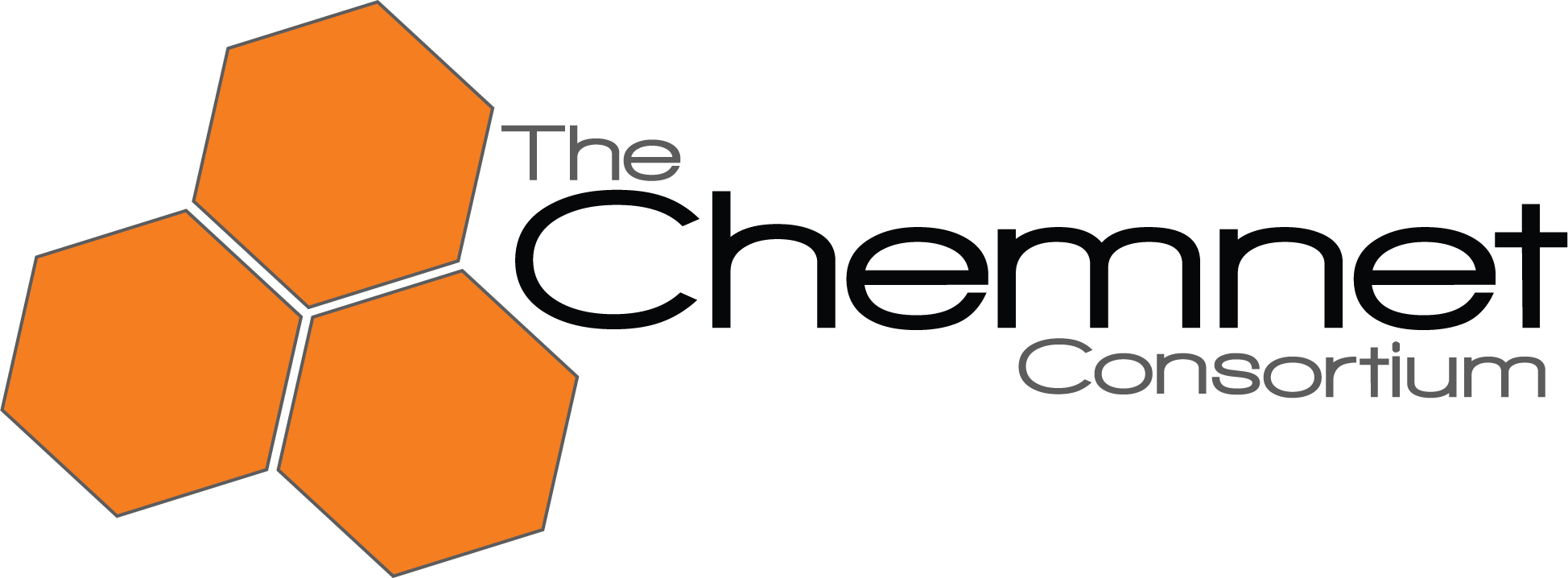
By NDASA member William Judge, JD, LL.M., founder of the Drug Screening Compliance Institute and an attorney with more than three decades of experience in drug screening compliance.
New York, this week, became the 15th state (in addition to Washington D.C.) to authorize the adult use of marijuana. The lengthy Bill (No. A01248A) amends the consolidated cannabis laws of New York and contains some employer restrictions.
The following are the critical sections of the new law that impact the workplace.
Article 4
ADULT-USE CANNABIS (§ 127. Protections for the use of cannabis)
“An employer shall adhere to policies regarding cannabis use in accordance with section two hundred one-d (201-d) of the labor law. [emphasis added]”
Article 6 (§9)
GENERAL PROVISIONS
a. Paragraphs b and c of subdivision 2 of section 201-d of the labor law, as added by chapter 776 of the laws of 1992, are amended to read as follows:
b. An individual’s legal use of consumable products, including cannabis in accordance with state law, prior to the beginning or after the conclusion of the employee’s work hours, and off of the employer’s premises and without use of the employer’s equipment or other property;
c. An individual’s legal recreational activities, including cannabis in accordance with state law, outside work hours, off of the employer’s premises and without use of the employer’s equipment or other property; or
§9-b. Section 201-d of the labor law, as amended by chapter 778 of the laws of 1992, is amended by adding a new subdivision 4-a, to read as follows:
4-a. Notwithstanding the provisions of subdivision three or four of this section, an employer shall not be in violation of this section where the employer takes action related to the use of cannabis based on the following:
(i) the employer’s actions were required by state or federal statute, regulation, ordinance, or other state or federal governmental mandate;
(ii) the employee is impaired by the use of cannabis, meaning the employee manifests specific articulable symptoms while working that decrease or lessen the employee’s performance of the duties or tasks of the employee’s job position, or such specific articulable symptoms interfere with an employer’s obligation to provide a safe and healthy workplace, free from recognized hazards, as required by state and federal occupational safety and health law; or
(iii) the employer’s actions would require such employer to commit any act that would cause the employer to be in violation of federal law or would result in the loss of a federal contract or federal funding.
Employers should also keep in mind that the State’s medical use of marijuana law also limits employer actions. Those sections include the following:
Article 3
MEDICAL CANNABIS
§ 42. Protections for the medical use of cannabis.
2. Being a certified patient shall be deemed to be having a “disability” under article fifteen of the executive law, section forty-c of the civil rights law, * * *. This subdivision shall not bar the enforcement of a policy prohibiting an employee from performing his or her employment duties while impaired by a controlled substance. This subdivision shall not require any person or entity to do any act that would put the person or entity in direct violation of federal law or cause it to lose a federal contract or funding.
4. (a) * * * Upon specific request by a certified patient to the office, the office shall verify the requesting patient’s status as a valid certified patient to the patient’s school or employer or other designated party, to ensure compliance with the protections afforded by this section.
6. Employees who use medical cannabis shall be afforded the same rights, procedures and protections that are available and applicable to injured workers under the workers’ compensation law, or any rules or regulations promulgated thereunder, when such injured workers are prescribed medications that may prohibit, restrict, or require the modification of the performance of their duties.
What does all this mean for the employer?
This new law takes effect immediately. New York employers cannot deny employment, discipline or discharge employees for use of marijuana when off-duty and off-site. The language of the law is a bit ahead of its time when it comes to technology and testing. Currently, there is no device to determine if an individual is under the influence of marijuana. Employers with operations in New York should carefully assess how these recent changes, in addition to the existing medical marijuana law and marijuana testing limitations for employers in New York City, might impact their drug and alcohol testing programs. Employers must review and revise their policies, job descriptions, supervisor training, and most especially internal operating procedures appropriately to ensure compliance.

